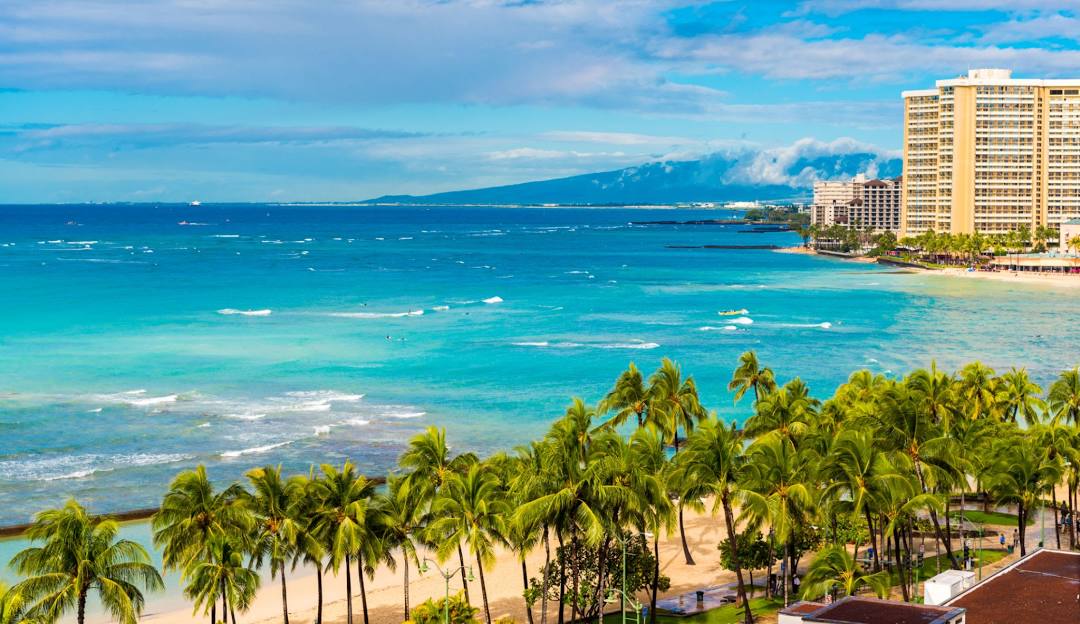Auto Insurance in Hawaii
Auto insurance is essential for drivers in Hawaii, offering protection against financial loss in the event of an accident, theft, or other vehicle-related damages. Like other states, Hawaii has its own set of regulations and benefits when it comes to auto insurance. This post provides an in-depth look at the specifics of auto insurance in Hawaii, including state regulations, the benefits of coverage, and the top providers in the state.
State Regulations
Hawaii has several unique auto insurance regulations designed to protect both drivers and passengers. These regulations ensure that all motorists have access to necessary coverage. Some key requirements and specifics include the following:
No-Fault Insurance State
Hawaii operates under a no-fault insurance system. This means that each driver’s own insurance company pays for their medical expenses, lost wages, and other costs, regardless of who is at fault in an accident. The no-fault system aims to reduce the need for litigation and speed up the compensation process.
Mandatory Coverage Requirements
Drivers in Hawaii must carry the following minimum levels of auto insurance:
- Personal Injury Protection (PIP): At least $10,000 for the driver’s medical expenses.
- Bodily Injury Liability: $20,000 per person and $40,000 per accident.
- Property Damage Liability: $10,000 per accident.
- Uninsured/Underinsured Motorist Coverage: This coverage must be offered but can be rejected in writing by the policyholder.
Optional Coverages
In addition to the mandatory requirements, Hawaii drivers can opt for additional coverages to enhance their protection:
- Collision Coverage
- Comprehensive Coverage
- Rental Reimbursement
- Towing and Labor Coverage
Benefits of Auto Insurance in Hawaii
Carrying auto insurance in Hawaii offers numerous benefits beyond merely complying with state laws. Some of these advantages include:
Financial Protection
Insurance provides financial support for medical bills, repair costs, and legal fees that can arise from an accident. Without insurance, these expenses can be overwhelming.
Peace of Mind
Knowing that you are covered in the event of an accident or other incident grants peace of mind to drivers. You can drive with confidence, knowing you have the necessary protections in place.
Support and Assistance
Insurance companies often offer additional services such as roadside assistance, rental car coverage, and claims support. These services can be invaluable when dealing with the aftermath of an accident.
Compliance with Law
By maintaining the required insurance coverage, you avoid fines, penalties, and the risk of losing your driving privileges. Staying compliant with state regulations is essential for all drivers in Hawaii.
Top Auto Insurance Providers in Hawaii
When it comes to choosing an auto insurance provider in Hawaii, several companies stand out for their reliable coverage, excellent customer service, and competitive rates. Here are some of the top providers in the state:
GEICO
GEICO is well-known for offering affordable rates and a streamlined claims process. Their online tools and mobile app make managing your policy convenient and straightforward.
State Farm
State Farm is another popular choice, providing comprehensive coverage options and a vast network of local agents. Policyholders appreciate the personalized service and strong customer support.
Allstate
Allstate offers a wide range of coverage options and discounts, including savings for safe drivers, students, and multiple policyholders. Allstate’s Drivewise program also rewards policyholders for good driving behavior.
USAA
USAA is an excellent choice for military members and their families, offering outstanding customer service and competitive rates. Their coverage extends beyond standard policies to include unique benefits for military personnel.
Progressive
Progressive is known for its innovative offerings, such as the Name Your Price tool and Snapshot program, which can help drivers find customized coverage at the best price. Their extensive range of insurance products allows for comprehensive protection.
Conclusion
Auto insurance in Hawaii is not only a legal requirement but also a critical component of financial and personal safety for drivers. Understanding the state’s no-fault insurance system, mandatory coverage requirements, and optional coverages ensures that you are well-informed and adequately protected.
The benefits of maintaining proper auto insurance extend beyond compliance, providing peace of mind, financial security, and supportive services in times of need. With several top providers to choose from, Hawaii drivers can find a policy that meets their needs and budget.
By staying informed and selecting a reliable insurance provider, you can drive with confidence and security on Hawaii’s roads. Whether you are a new or experienced driver, investing in the right auto insurance policy is a crucial step toward responsible vehicle ownership.
